Why Is My Baby Crying After Feeding? 8 Possible Reasons and Solutions
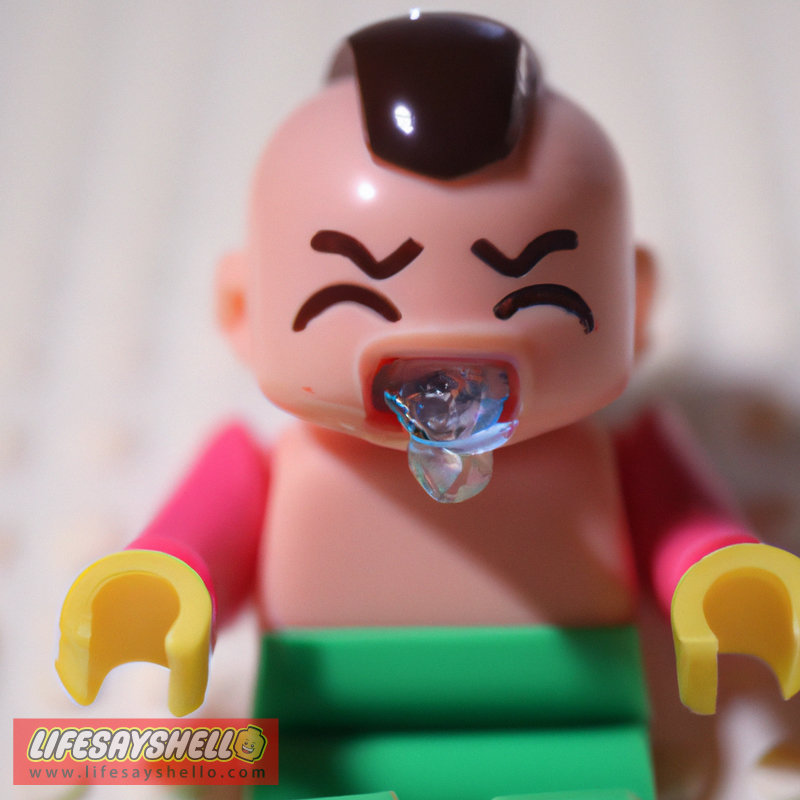
As a new parent, few things are more distressing than when your baby cries after feeding. You’ve just spent time nursing or bottle feeding them, expecting that food and comfort will lead to contentment. But then the weeping starts, leaving you confused and concerned about what’s causing this reaction.
Don’t worry - crying after feeding is very common in babies and luckily there are some simple ways to troubleshoot the problem. Here are 8 of the most likely reasons your baby may cry after eating, plus tips to calm them down:
1. Acid Reflux
Acid reflux, also called gastroesophageal reflux (GER), is when food and digestive acid leaks back up from the stomach into the esophagus. This can irritate the delicate lining of the esophagus causing pain and discomfort. Since the stomach and sphincters are still developing in infants, reflux is very common - occurring in over 50% of babies[1]!
Signs your baby may have reflux include:
- Crying/screaming during or shortly after feeding
- Arching neck and back while eating
- Gulping or coughing during feeds
- Wet burps or vomiting after eating
- Refusing to eat or difficulty latching
To help ease reflux pain after feeding:
- Hold baby upright for 30 minutes after eating
- Give smaller, more frequent feeds
- Thicken milk or formula with rice cereal
- Burp baby frequently during and after feeds
- Avoid tight clothing and bending after feeding
- Discuss antacids with your pediatrician if needed
2. Still Hungry
Crying after a feeding might simply mean your baby didn’t get enough milk and is telling you they are still hungry. Growth spurts in the first year cause increased appetite. Your baby may nurse longer and want to feed more often to satisfy their needs.
If your baby acts hungry after feeding, offer them more breastmilk or formula. Look for these feeding cues:
- Rooting (mouth motions searching for nipple)
- Hand to mouth gestures
- Increased alertness
- Sucking on fists or lips
- Clenched fingers
Allow your baby to nurse or take a bottle until they seem content. Feeding on demand will ensure they get the calories they need to grow.
3. Discomfort from Clothes, Temperature or Diaper
Babies are sensitive and cannot regulate their body temperature well in the first months. If the room is too cold or hot, it can make your baby fussy while eating and cause crying after. Aim to keep the temperature comfortable for a lightly clothed adult. And dress your baby appropriately - not too many layers if it’s hot and bundled if cold.
Check your baby’s clothing after feeds for any fabric irritants or restrictive garments making them uncomfortable. Choose soft, breathable fabrics like cotton.
A wet, dirty diaper can also cause distress leading to crying after eating. Check their diaper and change it promptly after feeding if needed. Use gentle wipes and apply diaper cream for any skin irritation.
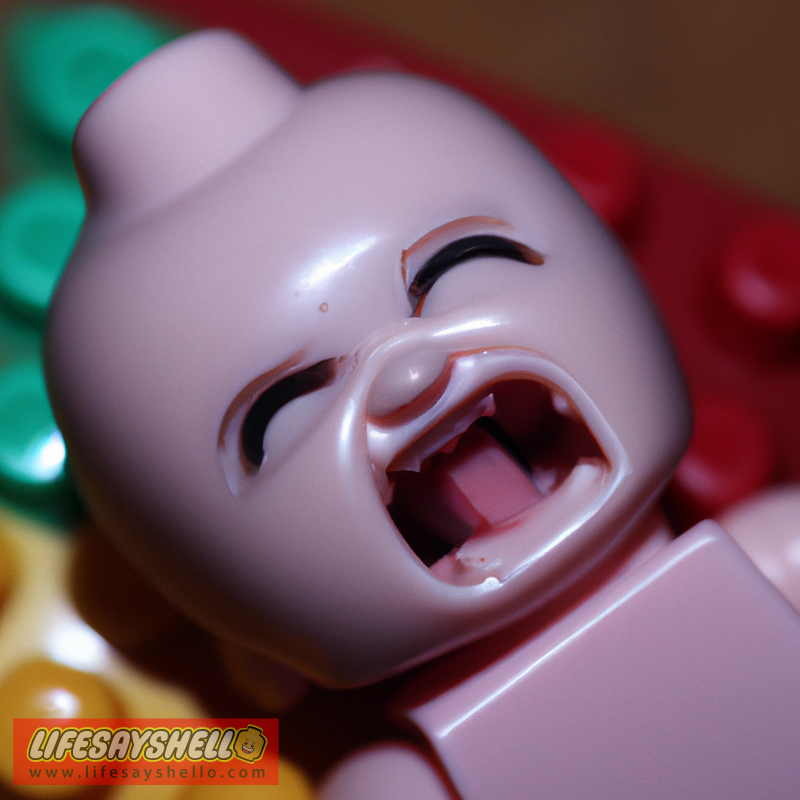
4. Overtiredness
If your baby is already tired or sleepy when they start eating, the act of nursing or taking a bottle is very likely to put them over the edge. The warm milk, skin contact, and sucking rhythm is soothing. But being overly tired makes babies prone to fussiness.
Before feeding, watch for these sleepy cues:
- Rubbing eyes or ears
- Decreased interest in eating
- Fussy or crying when not hungry
- Yawning
Try swaddling, rocking, white noise, or other calming techniques to relax your baby before feeding if they seem overtired. This prevents them from becoming over-fatigued during the feeding.
5. Overstimulation
It doesn’t take much to overwhelm a baby’s fledgling nervous system. Too much light, noise, activity or other external stimuli during feeding can overstimulate them and cause crying.
To reduce overstimulation when feeding:
- Find a quiet, calm room with soft lighting
- Limit exposure to TV, phones, loud noises
- Avoid talking on the phone or otherwise engaging with stimuli not related to feeding
- Keep the feeding area clear of unnecessary toys or distractions
- Gently rock or sway while feeding
- Speak in a soft, soothing voice
Creating a peaceful environment removes excessive stimulation so your baby can focus on eating without becoming frustrated.
6. Colic
Colic is intense crying in babies under 3 months old without any medical cause. Colicky crying most often happens in the late afternoon and evening. Feeding is often one of the triggers.
Signs your baby may have colic include:
- High-pitched crying in the evenings
- Clenched fists, arched back, tense tummy
- Very difficult to console
- Otherwise healthy and growing well
While the exact cause of colic is unknown, it may relate to gas, lactose sensitivity, baby’s temperament, or immature nervous system. Talk to your pediatrician to rule out other issues. Unfortunately, most colic remedies provide little relief. Take heart that colic peaks at 6 weeks and improves dramatically by 3-4 months.
7. Swallowing Air and Gas
It’s very common for babies to swallow air during feeding, especially if the latch or bottle nipple flow is too fast. This can lead to painful gas bubbles in their belly after eating. Frequent burping during and after feeds allows the air to pass through.
Tips for reducing gas and relieving discomfort:
- Improve latch to reduce air intake
- Burp halfway through feeding and again after
- Gently rub or bicycle legs to help gas bubble up
- Baby massage with downward strokes can also release trapped gas
- Discuss simethicone drops with your pediatrician
8. Food Sensitivity or Allergy
Though less common, food intolerances can also cause babies GI upset and crying after eating. Proteins in cow’s milk, soy, eggs, wheat, nuts and fish are the most likely allergens. Symptoms may include colic, eczema, congestion, diarrhea, vomiting, bloody stool, poor growth.
If you suspect an allergy, work with your pediatrician to identify the problem food and provide alternative nutrition. Diagnostic tests can help pinpoint the allergen. Gradually introducing solids one at a time can also help identify triggers.
The Takeaway
It’s stressful when feeding time is followed by crying instead of contentment. But fret not - there are ways to troubleshoot the issue! Observe your baby closely and make adjustments to their feeding environment and routine. If crying persists, consult your pediatrician to identify any underlying causes. With patience and TLC, you’ll get through this phase and enjoy calm, happy feedings.
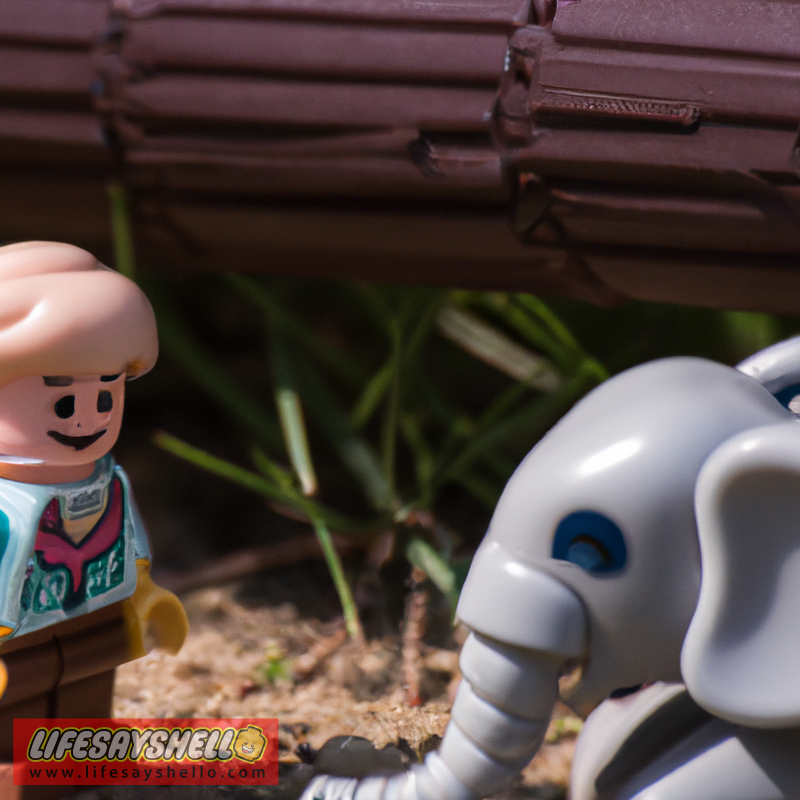
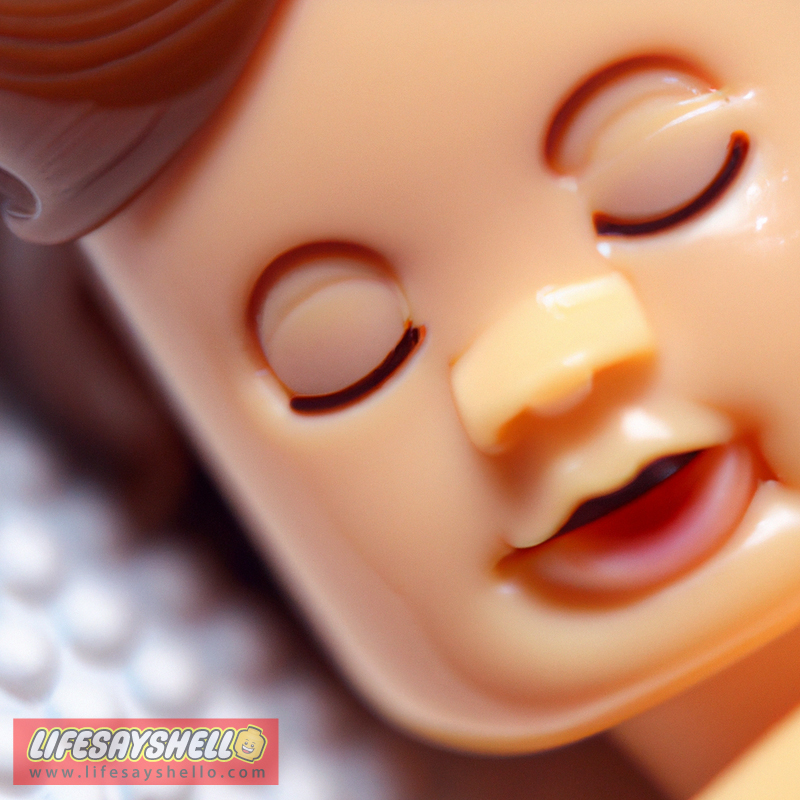
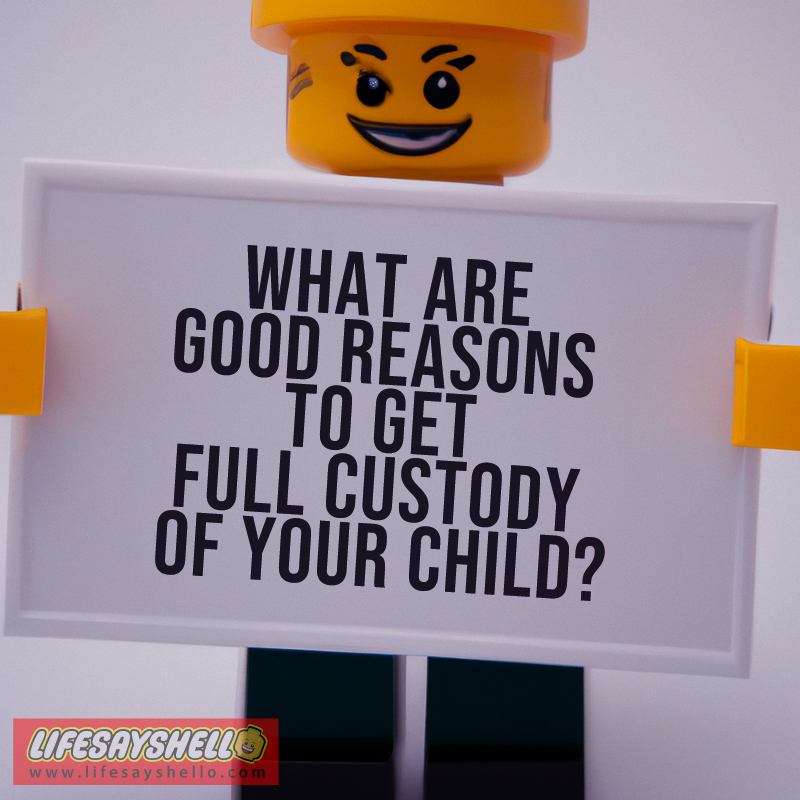
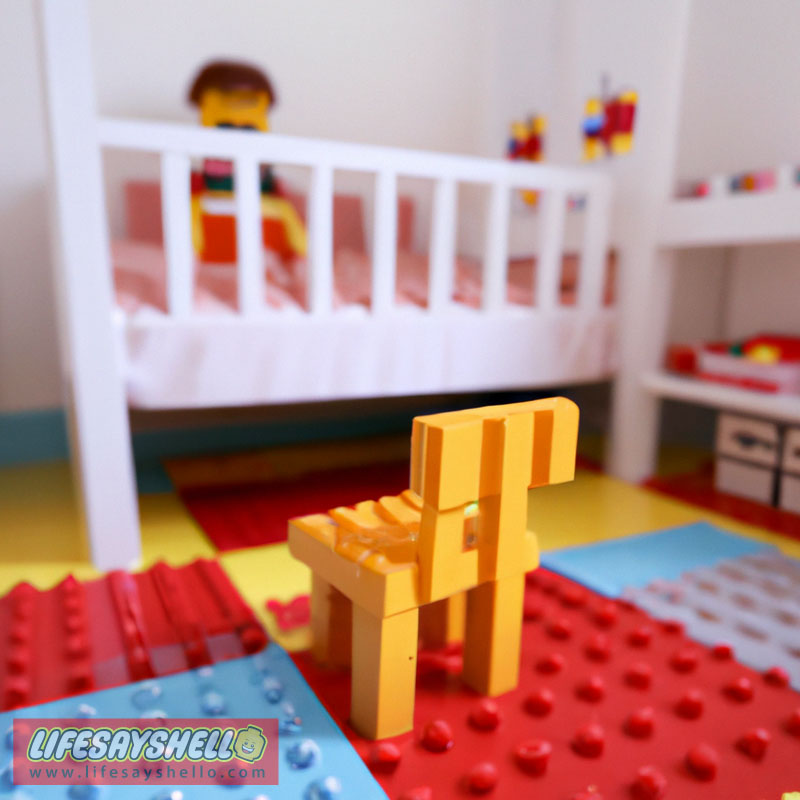
Comments